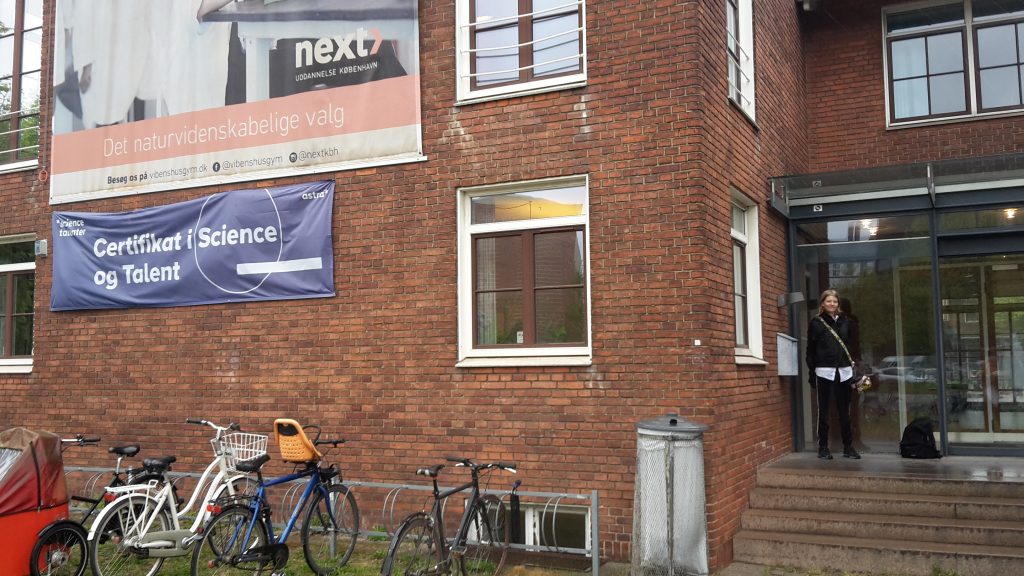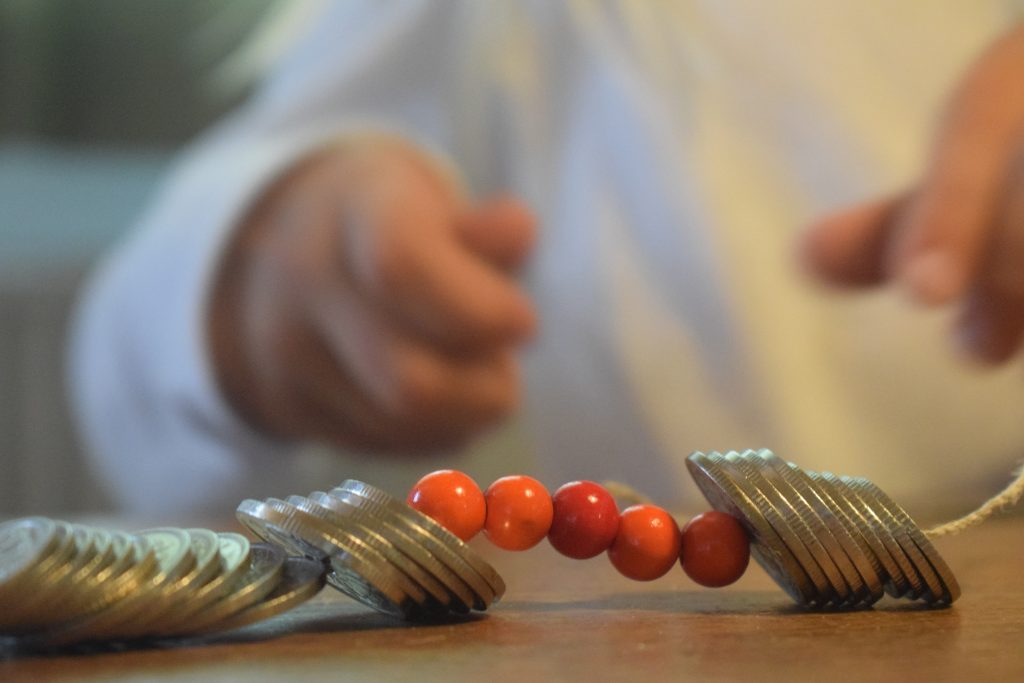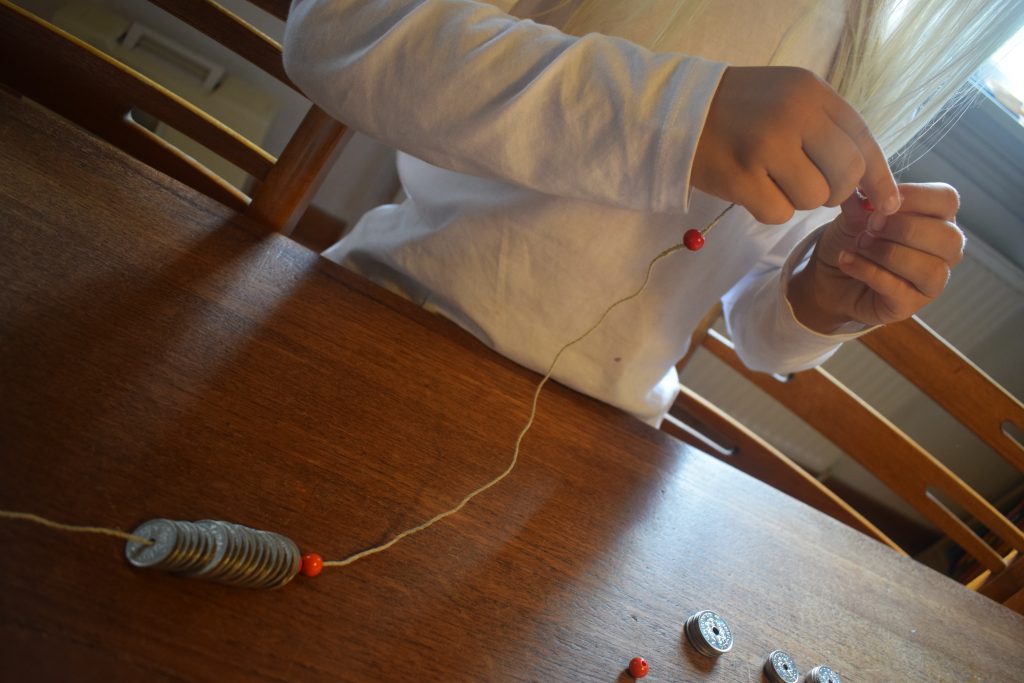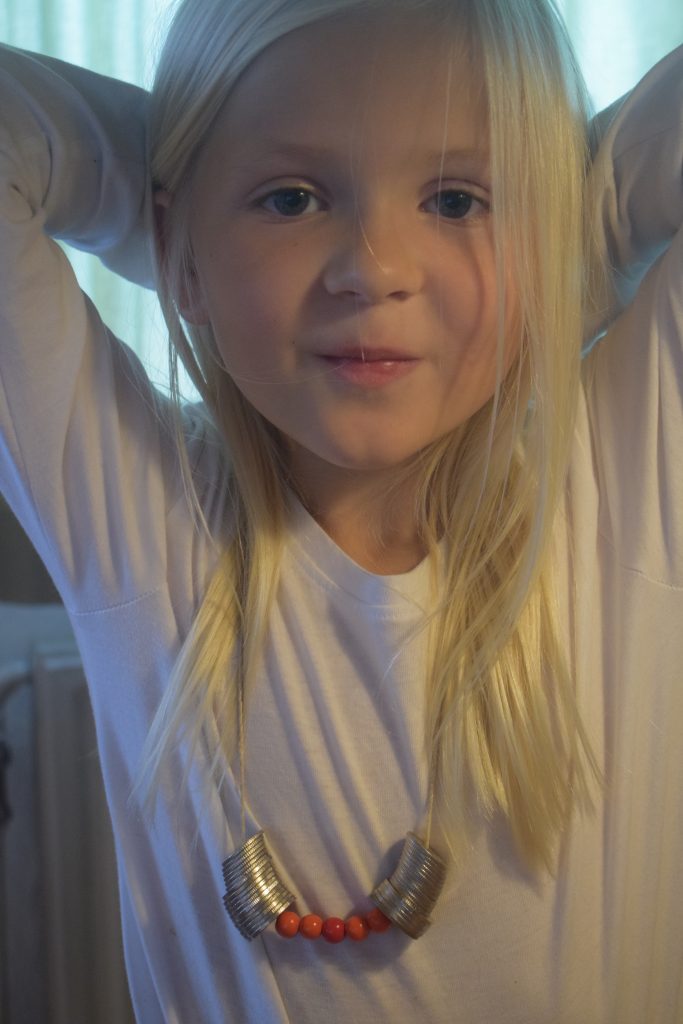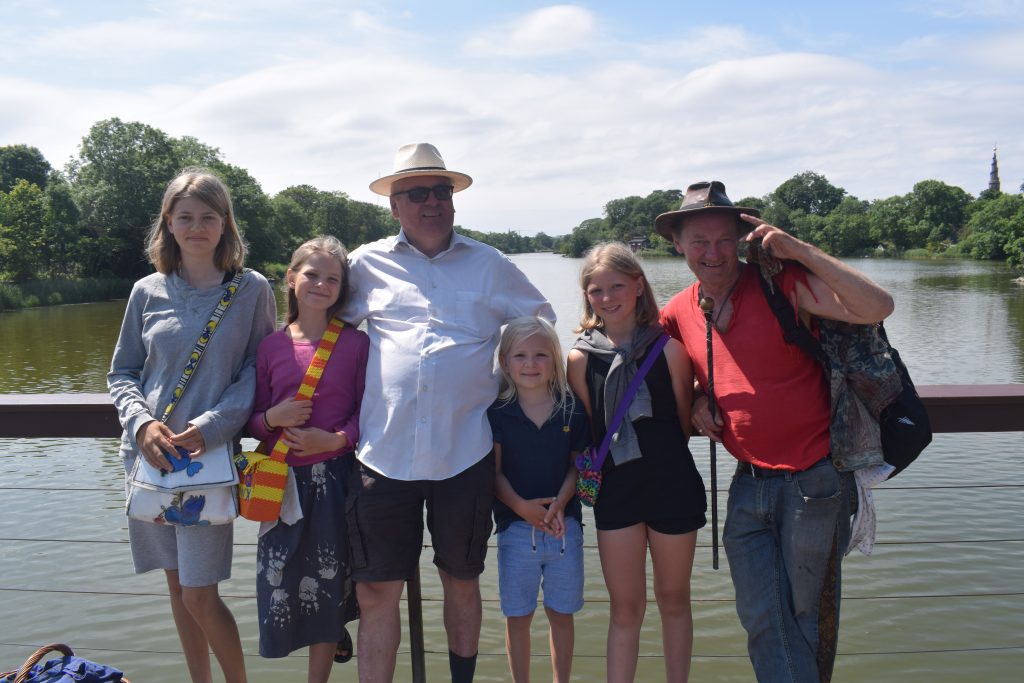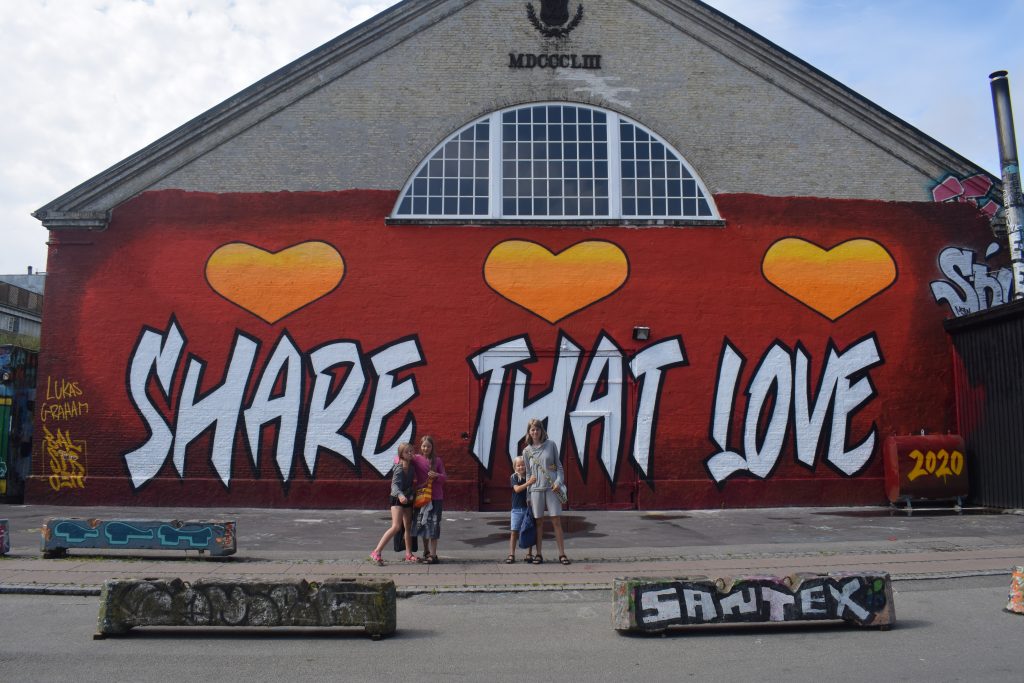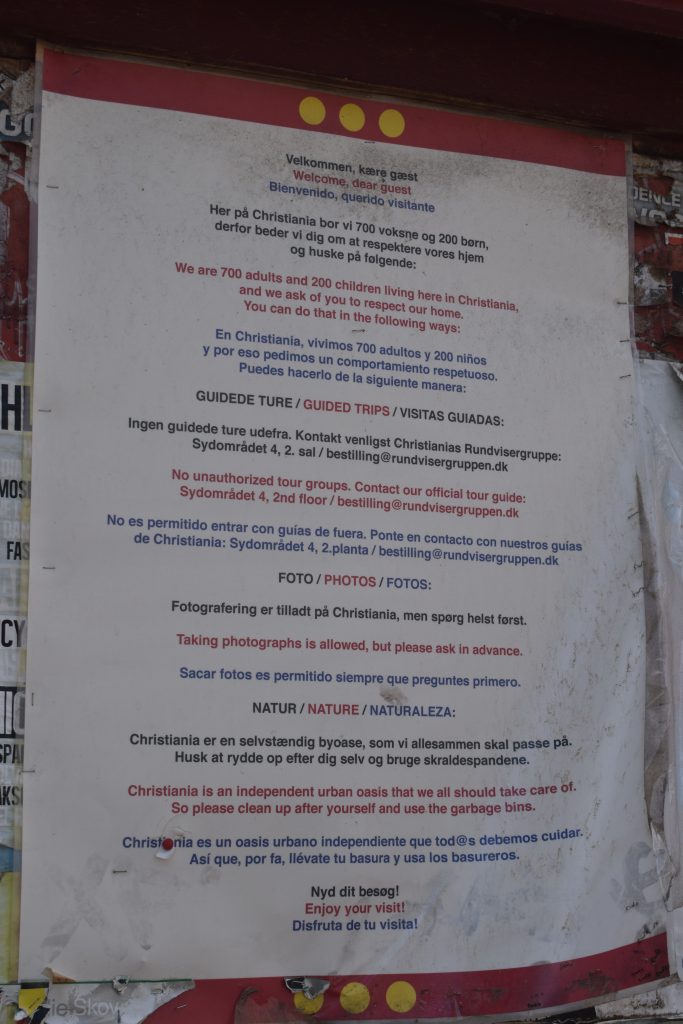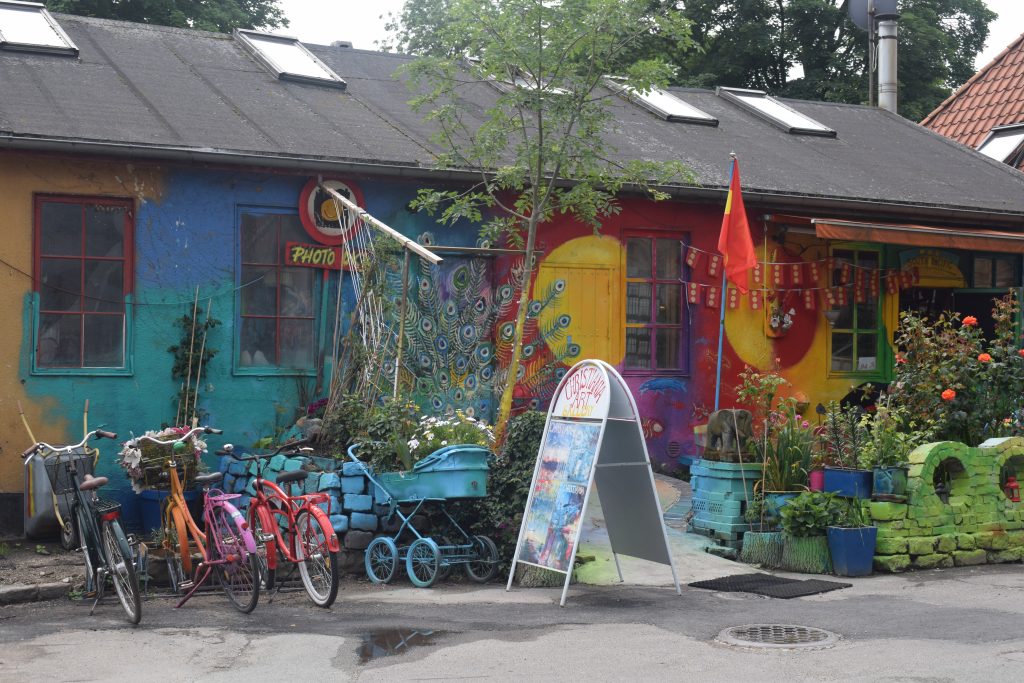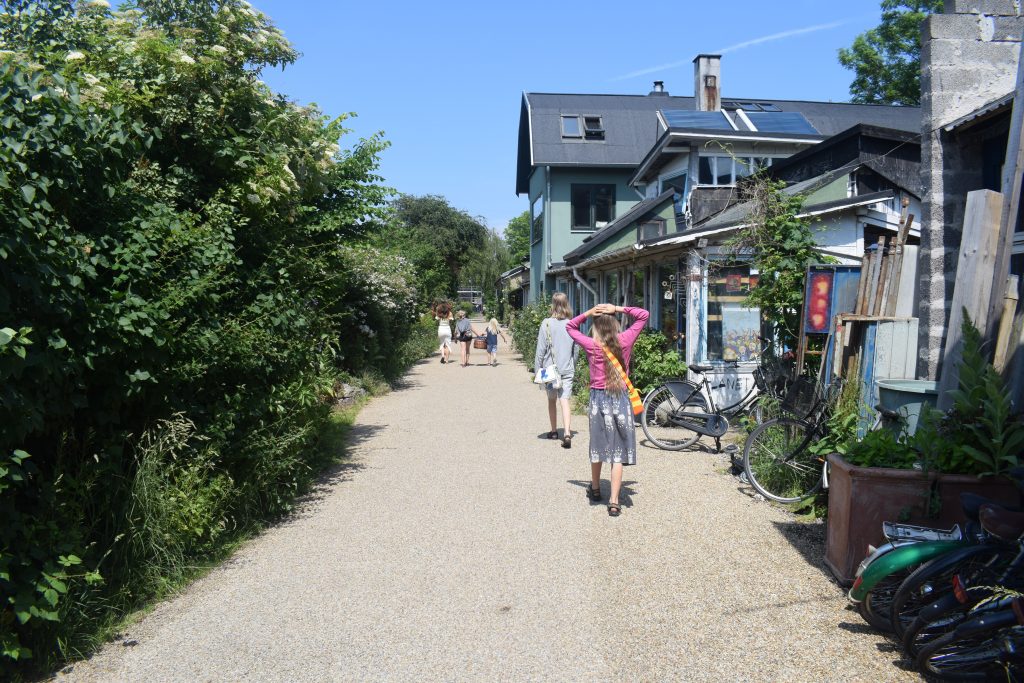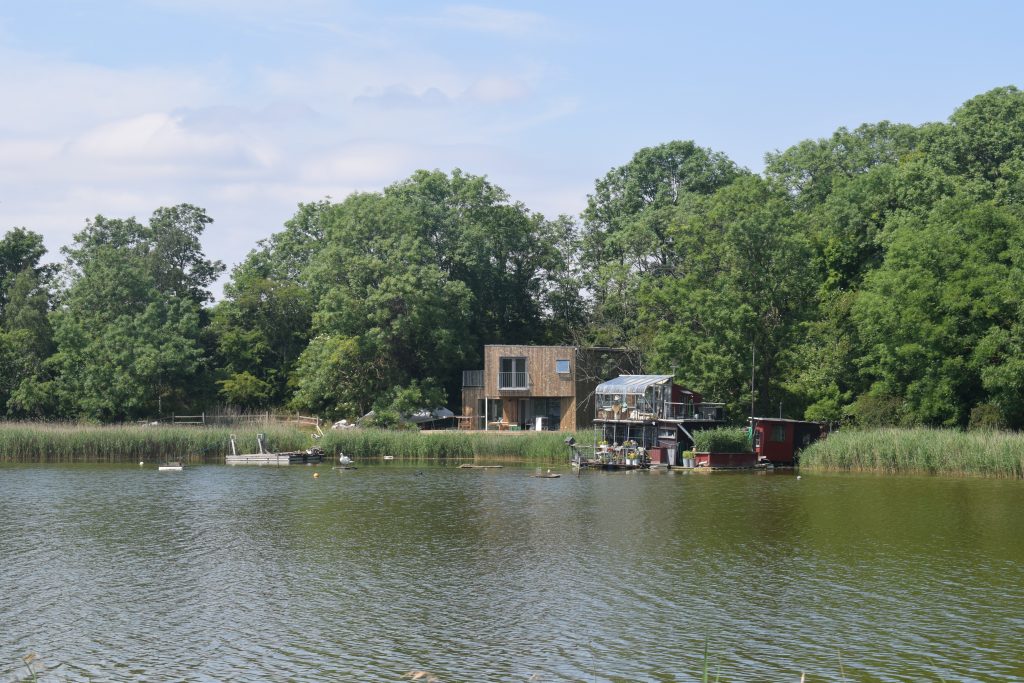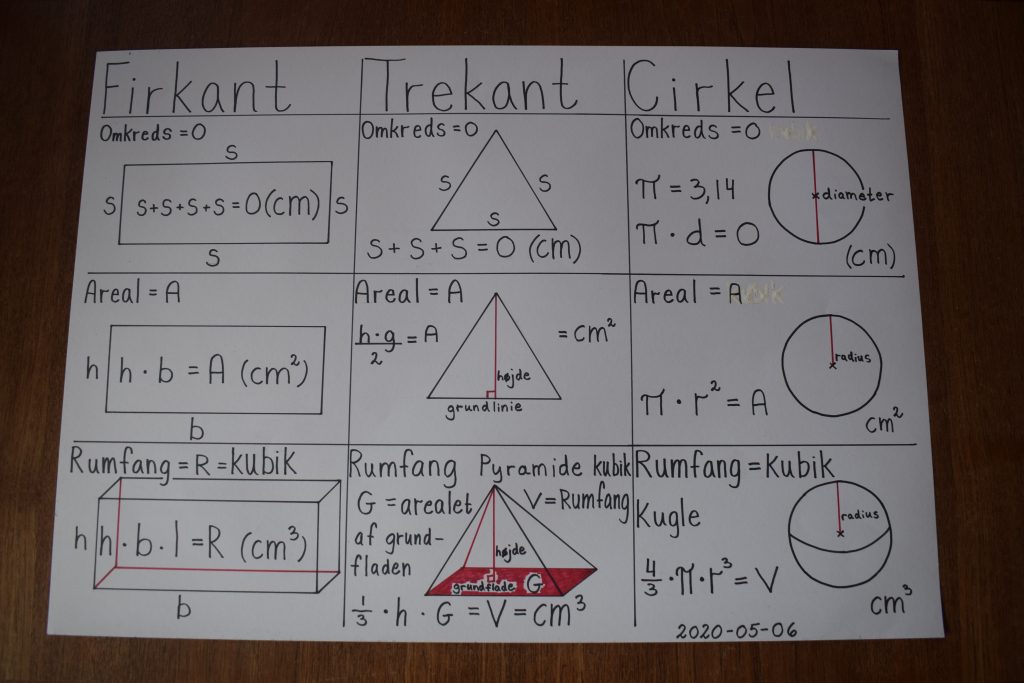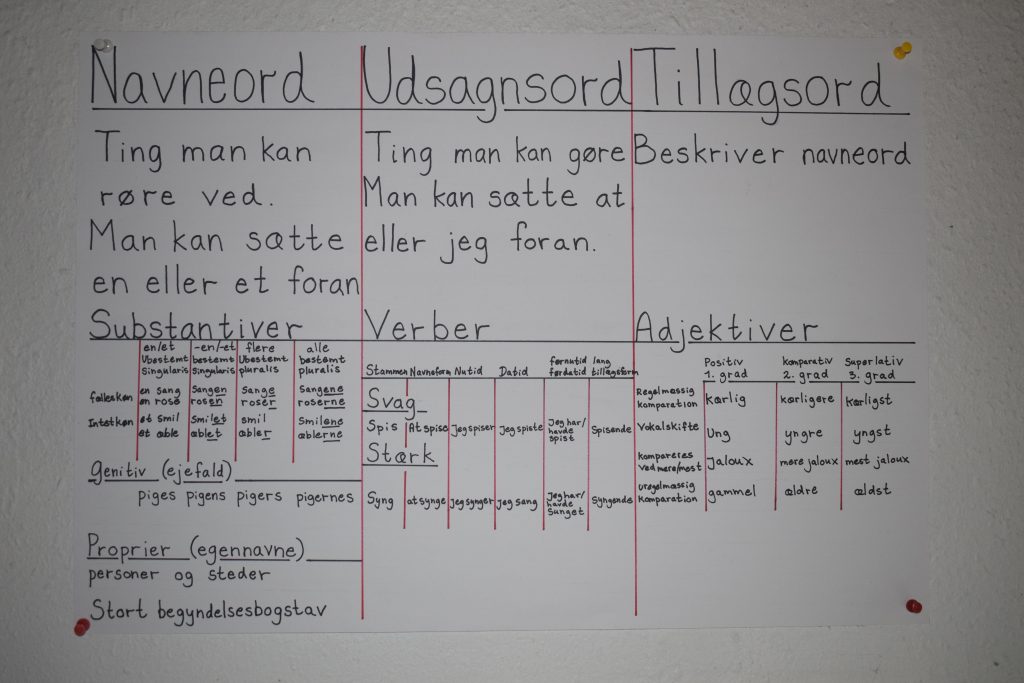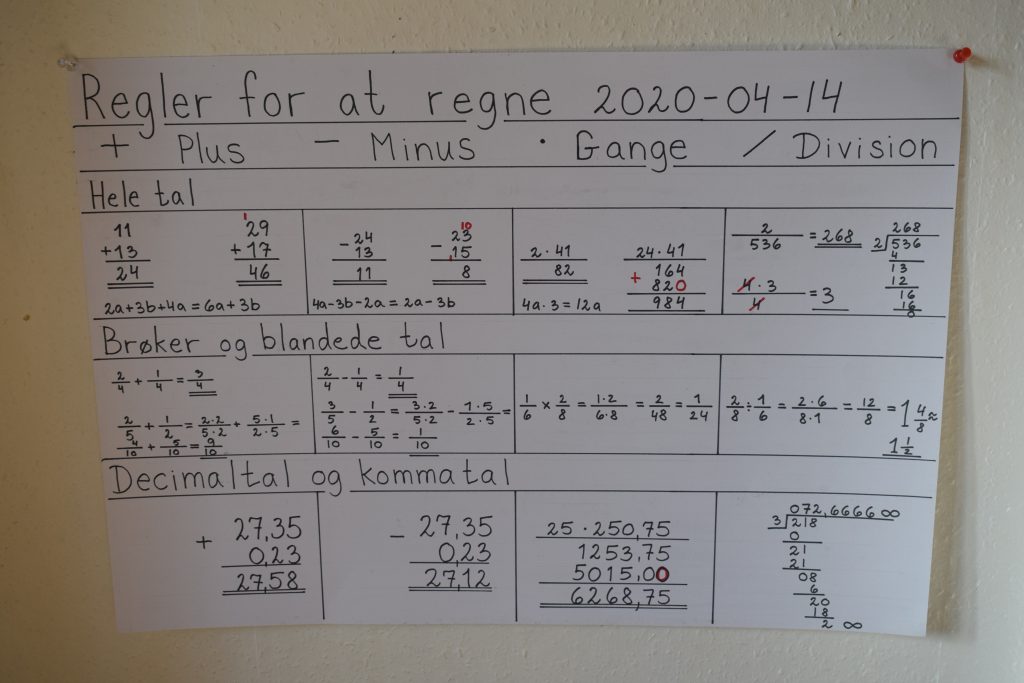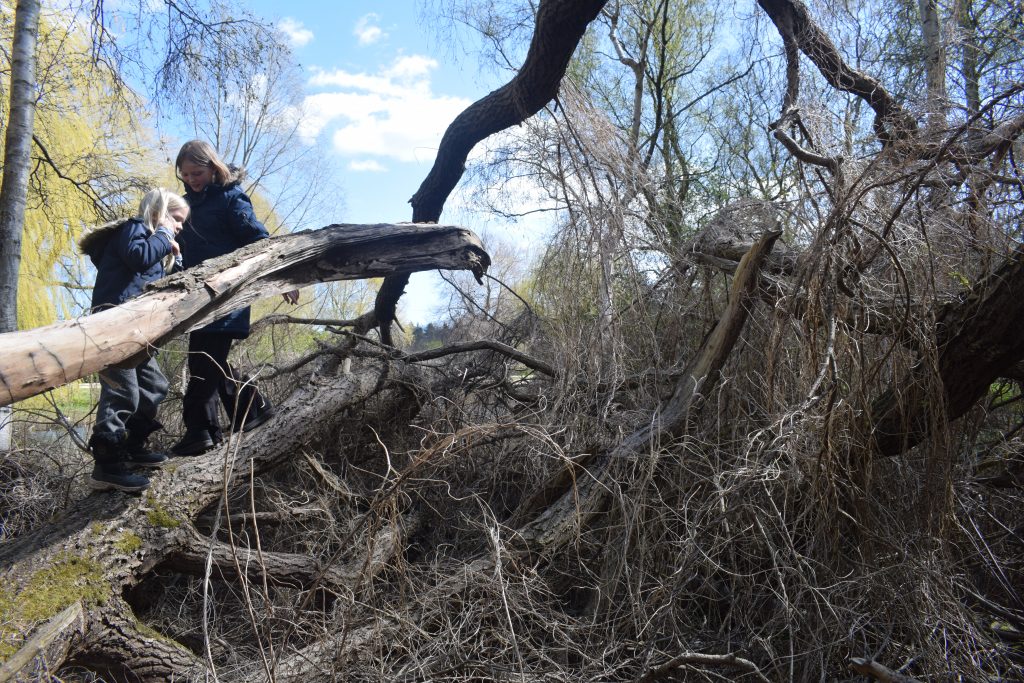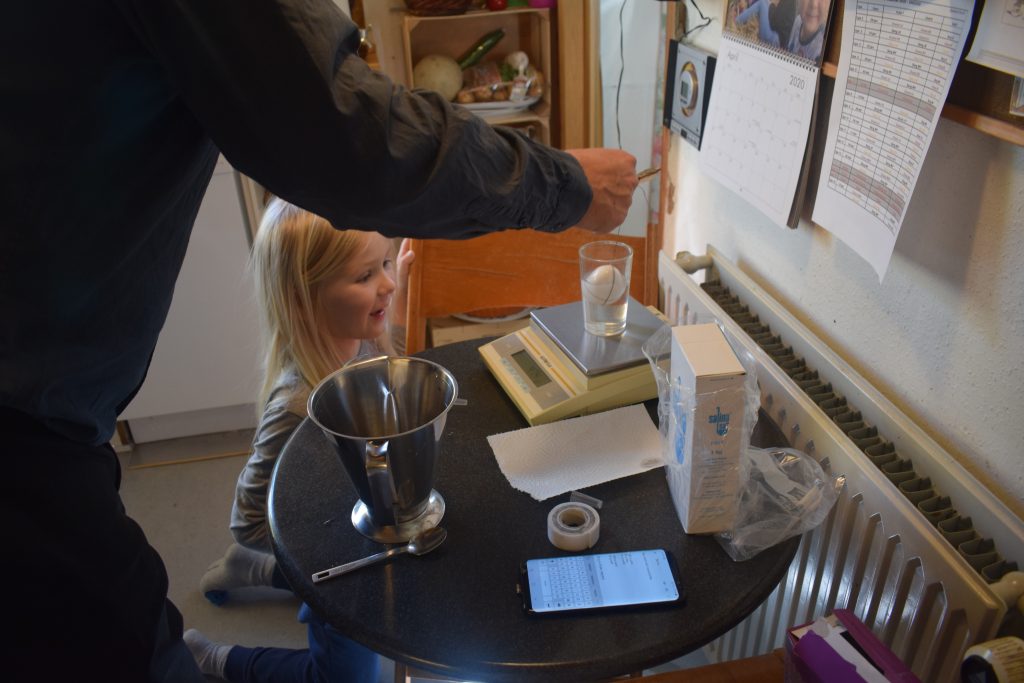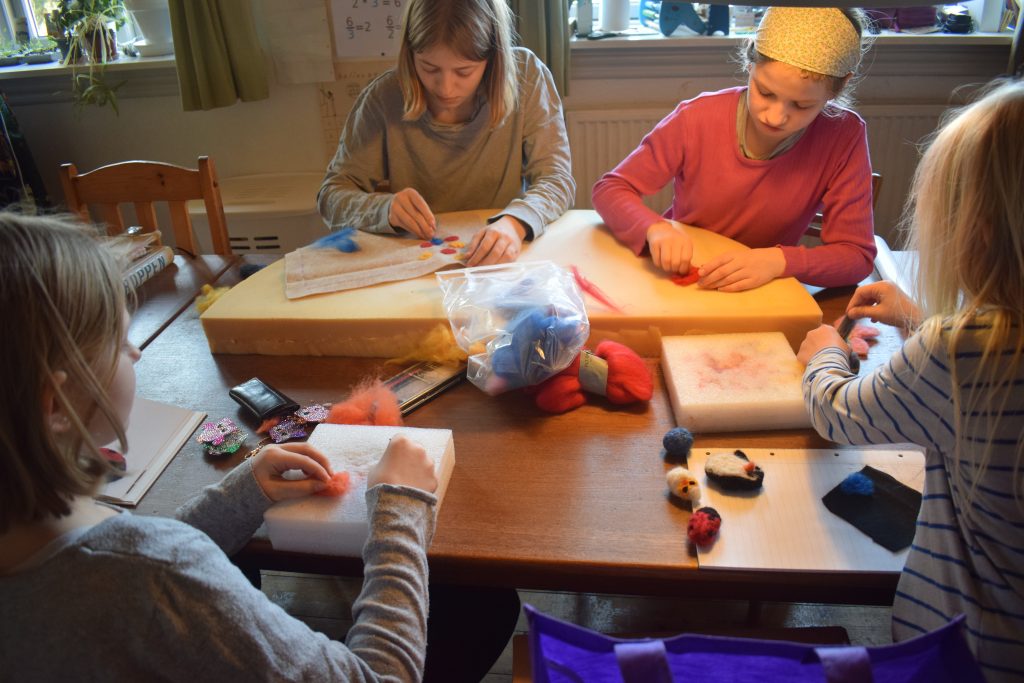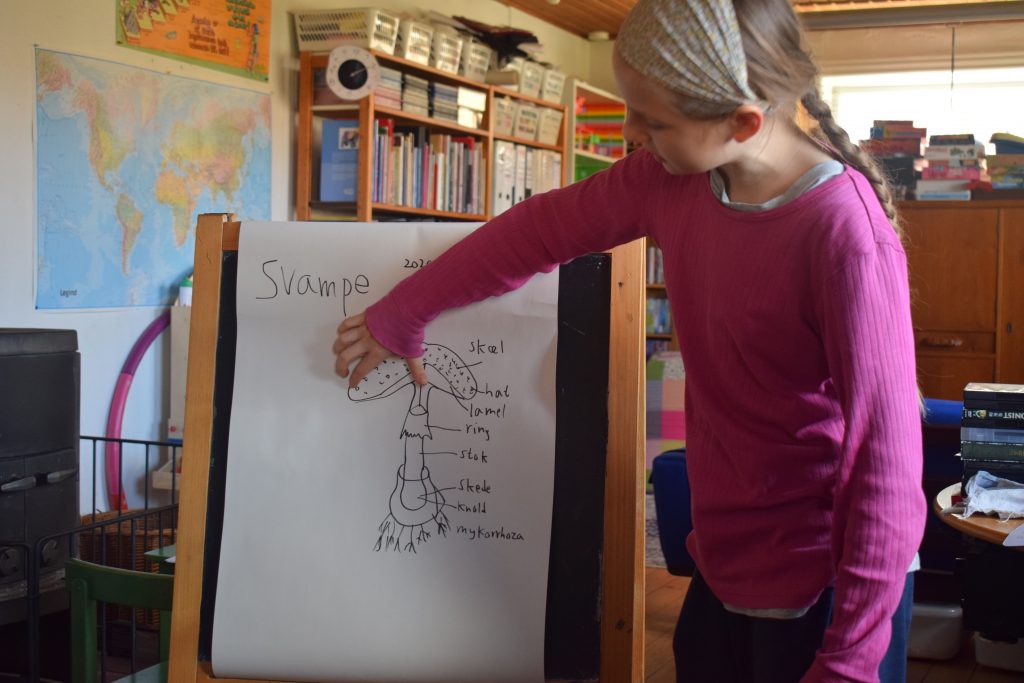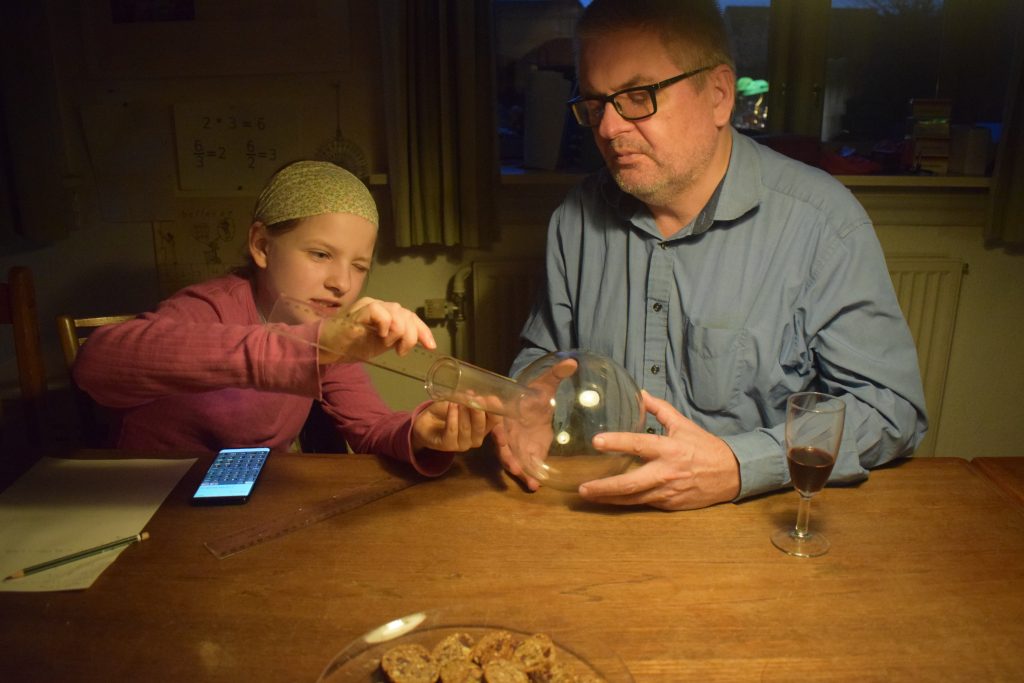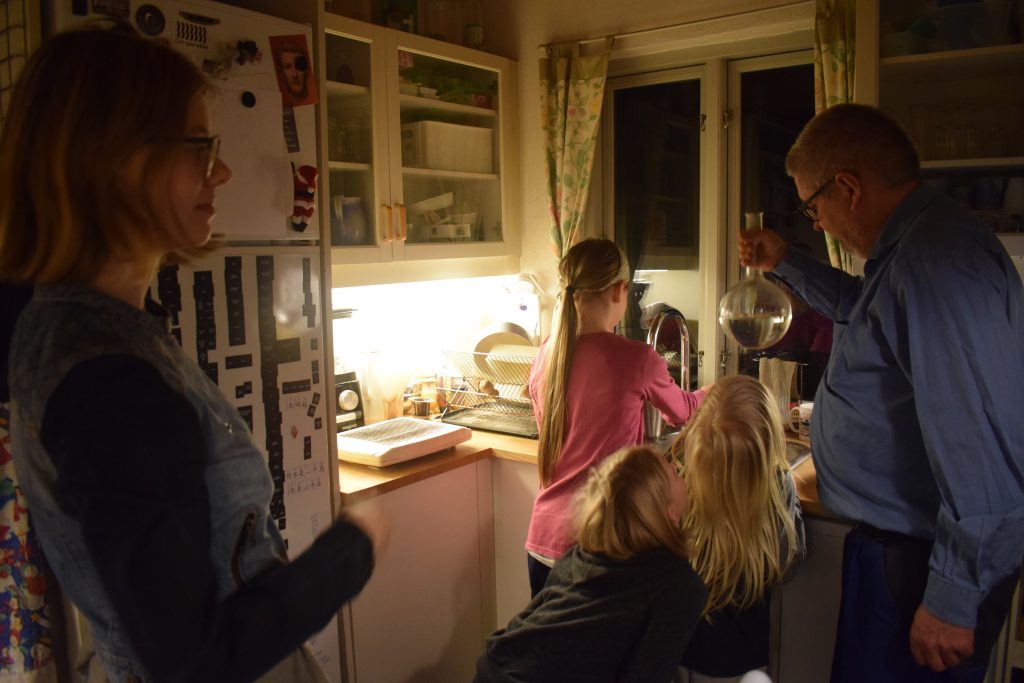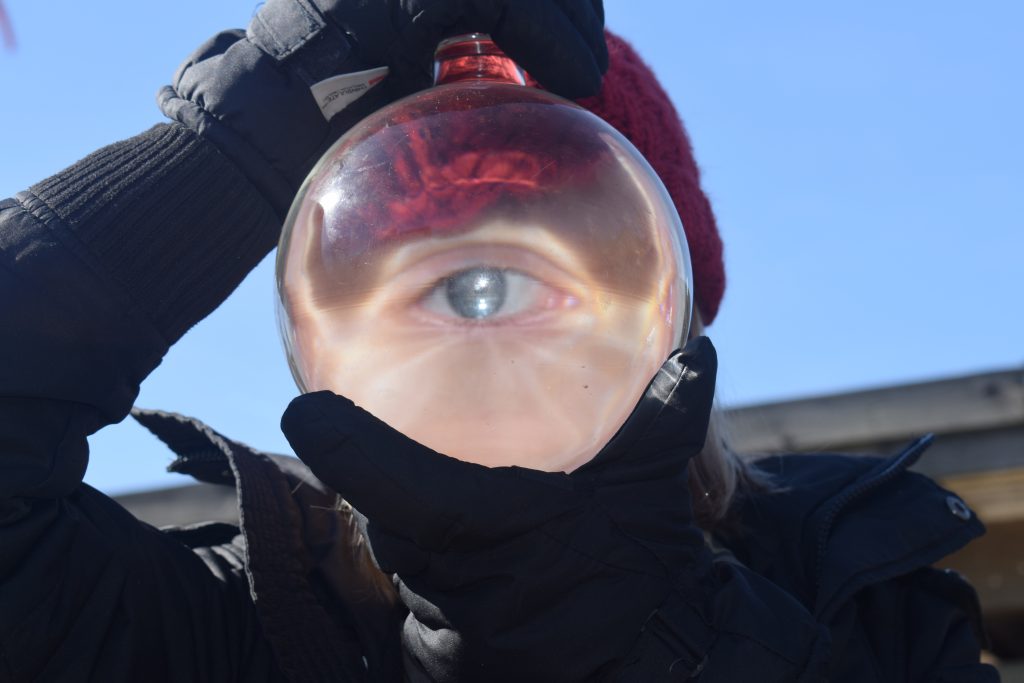We like to learn hands on, with real life events. Everything just makes so much more sence that way. That kind of learning also sticks in your mind.
We have a girl who is very fond of animals. Not just the fluffy caretaker way, but she also wants to see what is inside them, know how they function and what they eat. She wants to become a vet.
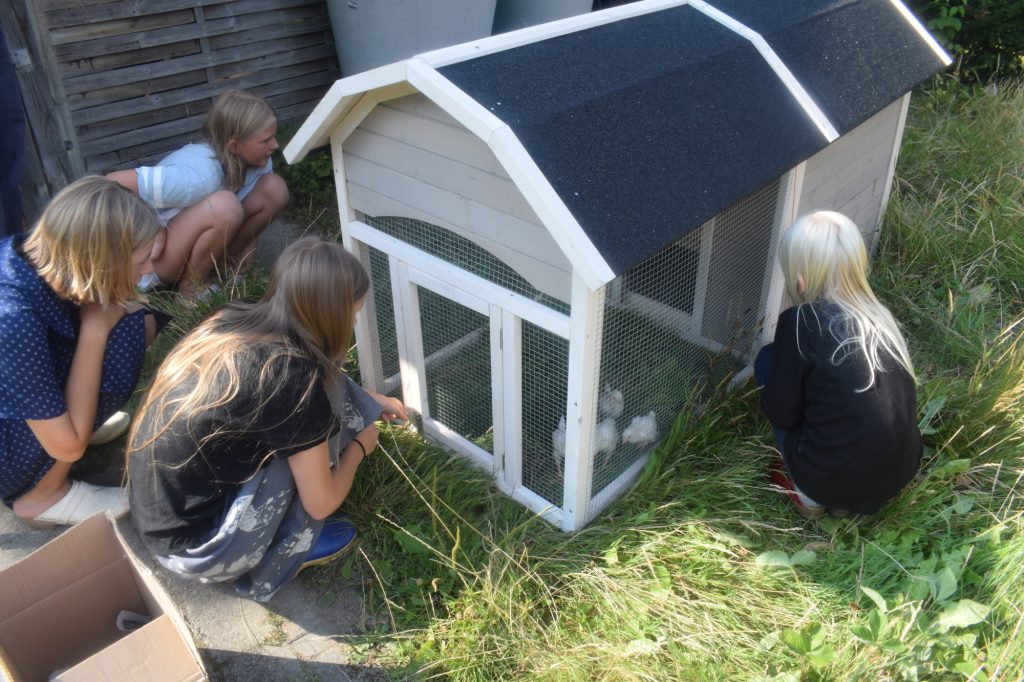
So we decided to get some chicken. She wanted to have them from small, so she could watch them grow and develop. We have had them for around 5 months now and it turned out that the 5 hens we bought, was actually 3 hens and 2 roosters. Well, we got them to see the miracle of them laying eggs, se we had to reconsider what to do with the 2 rooster.
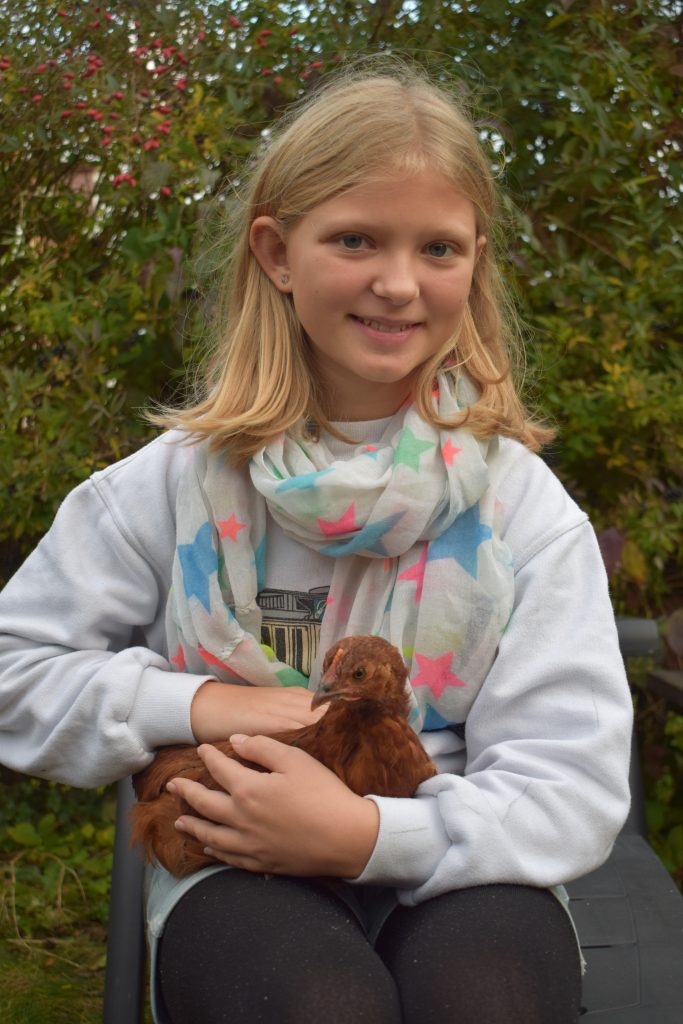
As the two roosters grew up, they started to fight each other and chase the children around, so they didn’t dare go out in the garden anymore, as they were afraid of their beaks.
Especially one of them was aggressive. So we decided to kill it and eat it. We watched a lot of you tube to learn from others and set a plan for the butchering. We talked to people who we knew had experience with it and learned.
Well, today we were ready and got on with it. We started out early in the morning and got hold of him and chopped his head off. We then put him in the heated water to get the feathers loosened. Two of our kids removed the feathers and after I took out the guts and we all examined them. The children wanted to measure the intestines to see how long they were.
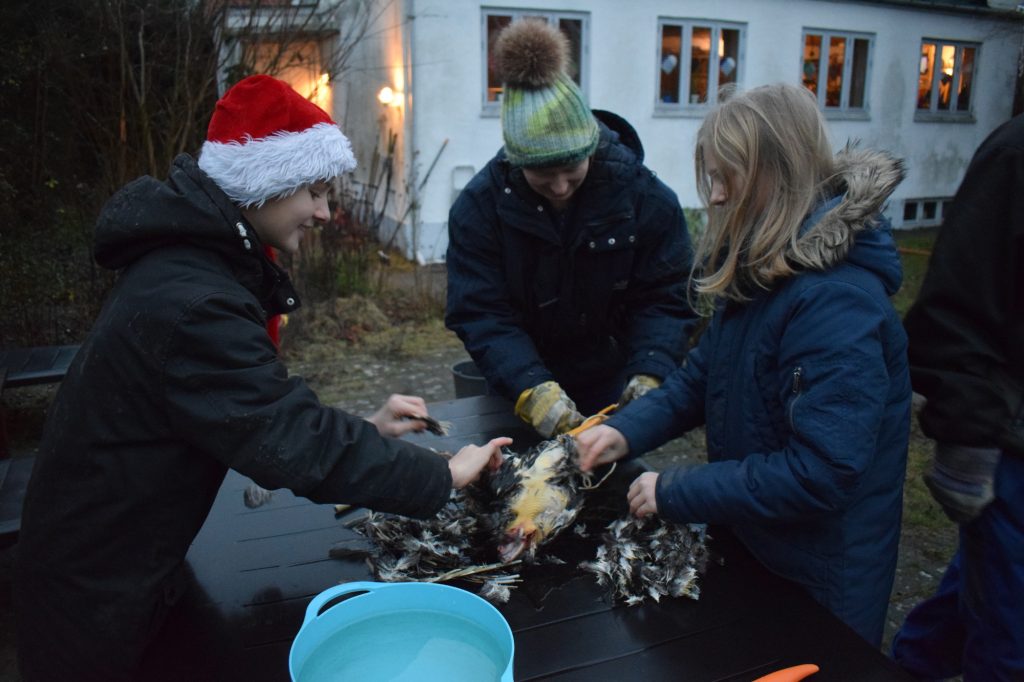
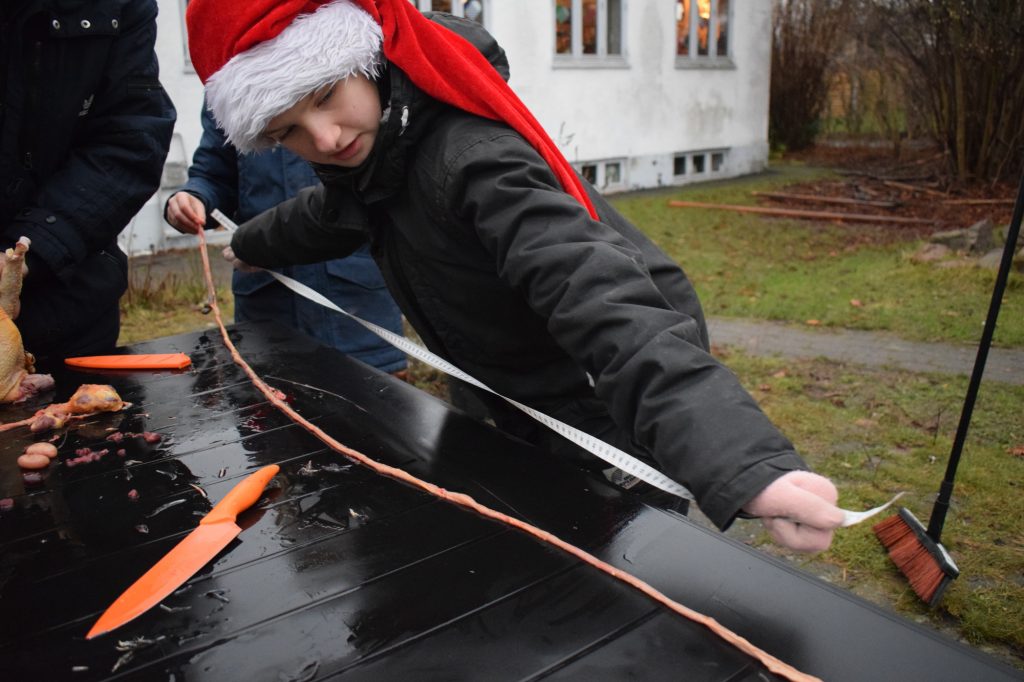
We then cooked the chicken immediately and ate it. Butchering the chicken ourselves, was brave of all of us, and natural. It feelt really good being that close to nature and taking responsibility for our own food. We all need to have our hands on learning more about nature in our world.


